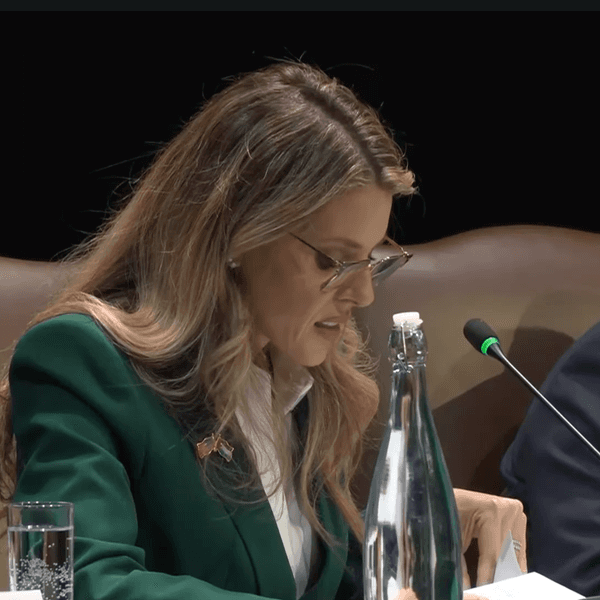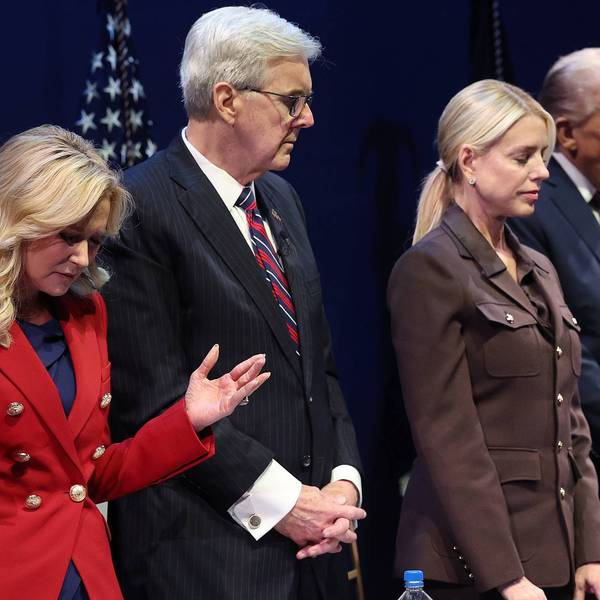Aimee Stephens knows first-hand how religiously-motivated discrimination can wreck your life. Aimee worked as a funeral director for a Michigan funeral home for six years. Aimee is a woman who is transgender, but for six years she went to work presenting as a man, while she struggled to be able to live her life as a woman. When she could hide no longer, she came out to her boss. Two weeks later, he fired her, saying "this is not going to work out."
The federal Equal Employment Opportunity Commission sued on Aimee's behalf, seeking a remedy for the funeral home's blatant sex discrimination. The funeral home didn't deny that it fired Aimee because she was going to present as a woman. Instead it said that federal law allows it to fire her because of the funeral home owner's religious belief that it's a sin to transition from one gender to another.
A federal judge in Detroit agreed with the funeral home and dismissed the EEOC's suit. The judge ruled that the federal Religious Freedom Restoration Act (RFRA) permitted the funeral home to use to justify discrimination against transgender employees. That court's view, if allowed to stand, would carve out an exception to federal civil rights laws for any employer with religious beliefs that support discrimination. And it could authorize not just anti-transgender discrimination, but discrimination based on race, national origin, age, disability, sexual orientation - in short, all civil rights protections that are basic guarantees of equality in America.
The ACLU, representing Aimee, is before the Court of Appeals for the Sixth Circuit today challenging the trial court ruling. While the freedom of religion is a core American value that's protected by the Constitution, religious freedom doesn't give anyone the right to discriminate.
Aimee Stephens's case is just one example of how those opposed to LGBTQ rights are seeking to use religion as an excuse to discriminate. Later this fall, the Supreme Court will hear arguments in another religious exemptions case, Masterpiece Cakeshop, Ltd. v. Colorado Civil Rights Commission. In that case, a bakery outside Denver refused to sell a wedding cake to a same-sex couple, Dave Mullins and Charlie Craig citing the bakery's religious objections to gay people getting married. The Supreme Court is set to decide whether the bakery has a constitutional right to discriminate based on its religious beliefs and its artistic freedom.
Anti-LGBTQ advocates are also trying to use religion to deny people healthcare. In a Texas case, health care providers have challenged federal rules that bar discrimination in access to health care. They argue that such rules violate their religious freedom in requiring them to provide health care to transgender people. And in California, a Catholic hospital refused to perform a hysterectomy on a transgender man, arguing that its religious beliefs justify turning the patient away.
In the past, courts have largely rejected attempts to use religion to discriminate. But our opponents haven't given up. We need to fight back, for Aimee Stephens and for LGBTQ people all across the country.




